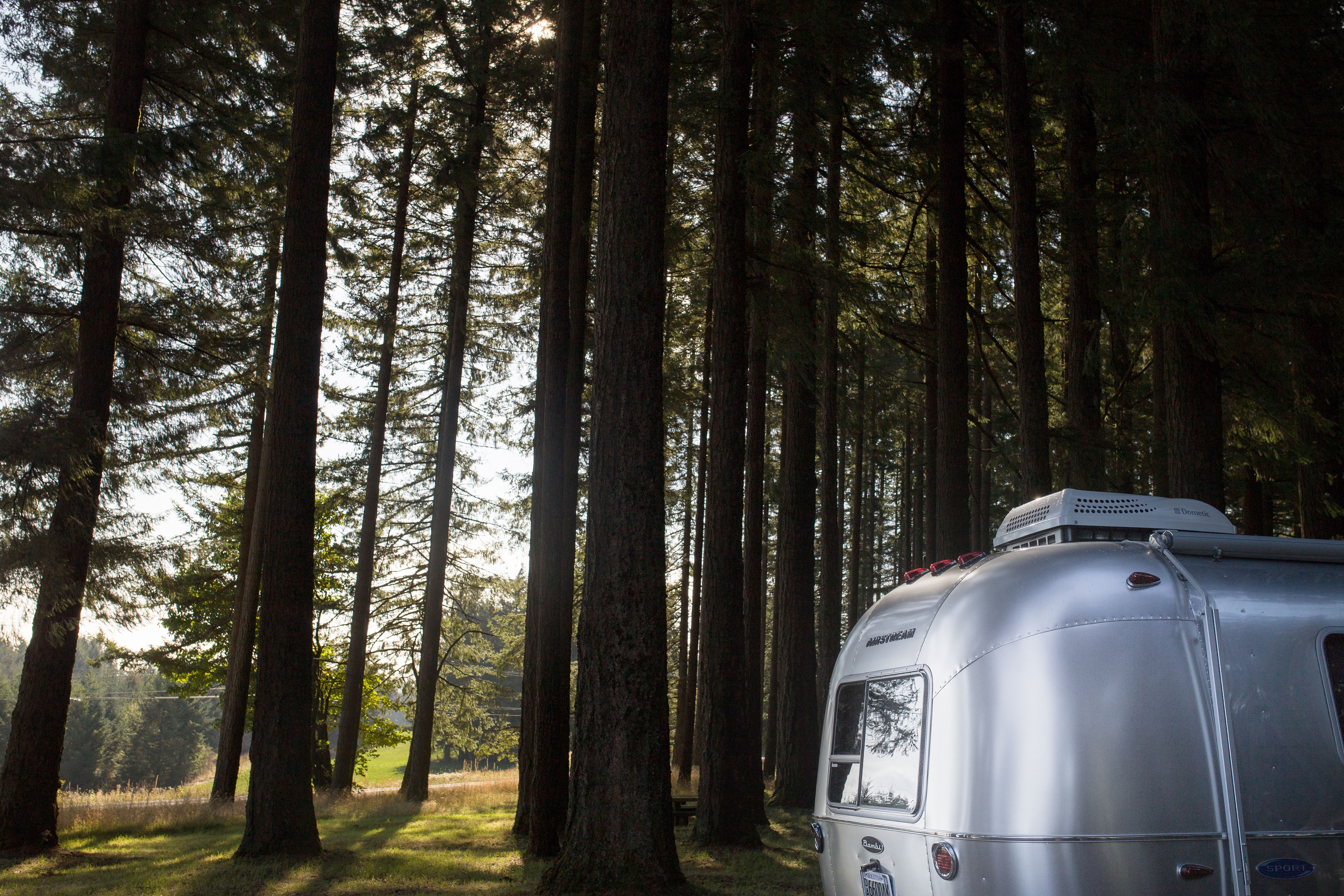Time on the road can be freeing, but the realities of life still happen. Every situation will be different, but here are a few helpful tips.
What if a family member gets ill (emergency situations) while I’m away and far from home?
A parent in the hospital? A child sick back home? First and foremost, have a plan as to what you would do, depending on where you are, in case an emergency comes up back home while you’re on the road. Look at the rest of your travel schedule. Are future reservations located near a major airport if you need to leave spur of the moment? If not, then you may need to cancel your reservations and make them for somewhere else that’s closer to a major airport. If you have a pet along, you can choose to board or ask a neighbor, if you know the campground well, to keep an eye on your pet while you’re gone. What about the RV? Well, you can leave it at the campground, provided you’re comfortable doing that. If there are at least two adults, then one can get home via air while the other either stays put or begins the drive back home. This brings up another important thing. If you’re traveling as a couple or if there are several adults, everyone should know how to operate the rig – driving, setting up, backing into sites, etc. Take the time to learn. This gives you a lot of options as well as a safeguard in case one of you in the RV becomes seriously ill. The other can get the help that is needed.
What if my dog escapes the camper?
Spread out. Recruit the help of neighbors and friends. Give everyone treats to help entice the dog should they come across him in their search. Let the front office know that you’re missing a dog and provide a description. Ask others in the park if they’ve seen a dog that matches your description recently. It’s important for dogs to have their ID tags with current contact information as well as be micro chipped, just in case. This way, even if you’re far from home or on the road, you’re more likely to have your dog be returned to you. (Read additional tips.)
What if high winds are expected on my day of travel?
Check the hourly forecast at your location and on points along your intended route. RVs can tip over with high winds, not to mention wreak havoc on the gas mileage. The safest choice is to wait until the winds die down, or to leave before they even start. This requires flexibility and an open mind. It’s better to have your family safe and your RV in one piece than it is to get to your next destination. If you have a reservation, call them to check on their cancellation policy and to let them know whether you will be able to still come for part of the reservation. If you’re going home, though it may not seem like it, life can wait. That’s why it’s important to follow another little tip: plan to change your plans and schedule your return sooner than Sunday night.
What if my propane detector goes off?
Propane alarms are typically near the floor of the RV as propane sinks. If your alarm goes off, take it seriously. Leave the RV immediately and turn off the supply from the main tank. Listen to see if your alarm turns off on its own; if it does this within a few minutes, then you have a propane leak that needs to be repaired as soon as possible. Other things can also make the propane detector go off as it’s sensitive to chemicals, so evaluate if any of these were being used at the time the alarm began: hair spray, Febreze, cooking spray, spray on sunscreen, carpet cleaning chemicals. Make sure that the detector is getting enough “juice” to run from the RV’s house batteries, which is especially evident if beeping occurs when the RV is not plugged in. Make sure the detector cover is clean, too, for accurate alarming.
What if my kitchen sink won’t drain?
First, take off the P-trap to make sure there isn’t a problem there. If water doesn’t drain from the drain pipe (don’t forget to set a bucket below the pipe prior to removing the P-trap), then there could be a problem at the sink. Clear away anything you see using tweezers or a thin-bladed knife. Also, check the gray water tank. If it’s full, then the water from the faucet didn’t have anywhere to go, so simply dump it out to solve the problem. Don’t just rush out and buy chemicals to clean your drain. Many RV parks don’t like them because of the effects on their septic systems, plus chemicals can affect the longevity of rubber seals and drain valves. Use a natural solution: let baking soda and vinegar stand for an hour and then flush it down with boiling water. Do this regularly to take care of clogs.
What if I hear “rattling” in my motorhome going down the road?
There are a lot of things that can cause noisy disturbances in transit. Most of these can be fixed easily. For instance, an appliance or kitchen utensils are moving about too much. Secure everything to avoid their movement, and add shelf lining to help keep objects stationary. Cabinets and drawer screws may need to be tightened, too. If there is any rattling outside your coach, stop immediately. Check the tires, check all hose attachment points, and check all exterior doors to make sure everything is in order. If you ever have concerns about traveling, then stop at a repair shop for an expert opinion.

